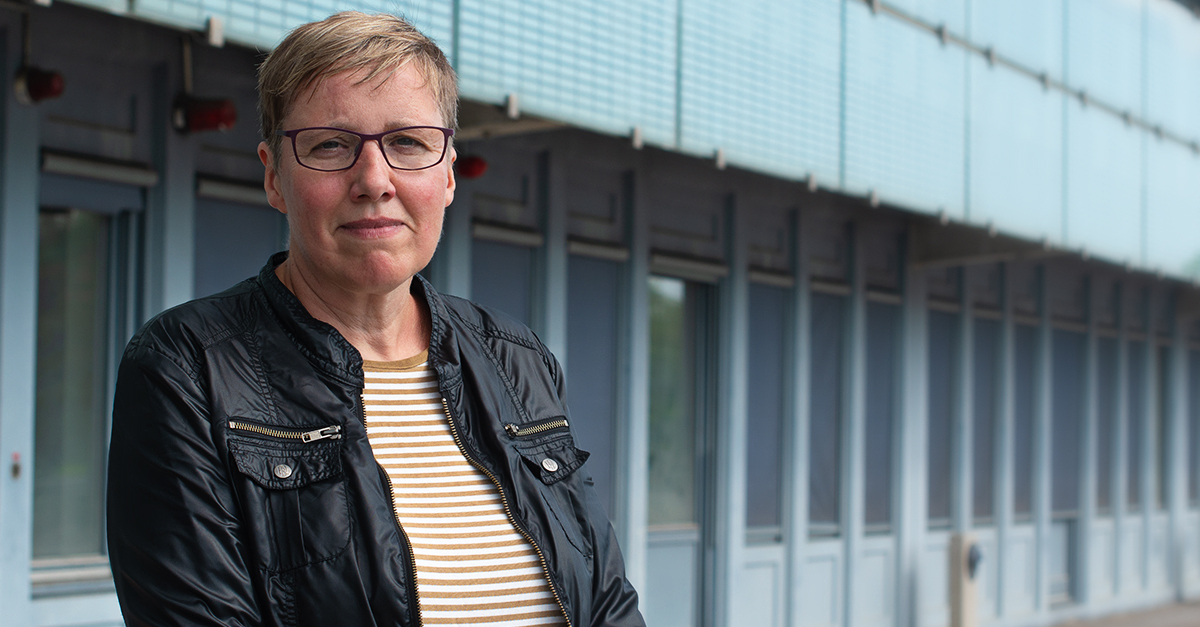Tips from a colleague: ”Your personal competences are important"

There are many ways in which you can be a successful freelance consultant. Tina Møller has more than ten years of experience in the field, and for her it is essential that you don’t lose yourself in the process. Read her advice on how to succeed as a freelance consultant in this article.
Interview with Tina Møller, Project Manager
Be true to yourself
Working as a freelance consultant is very interchangeable, and, therefore, you may find that you – to a greater extend - have to consider what projects you take on. Before accepting projects, you should take into consideration if you can see yourself in the project, and if you can deliver what is expected: “There can be a difference in how much energy you are able to put into projects, and there can be different reasons for this. But you have to have self-knowledge and know that you can deliver 100% before you accept the project. This way, the client will get the best experience,” Tina Møller explains.
Thus, you have to be true to yourself and only accept projects that you can vouch for. By doing so, you are also being true to the client and the consultancy you are representing.
Look ahead
As a consultant, the individual projects shape your CV and the direction of your career path. Take into consideration what it is you want to do and in which direction you should go to get there: “When you choose your projects, you should take into consideration how they point your CV in the direction you want to go. Decide what competences you want to have and make sure the projects are consistent with this.”
When you are a freelance consultant, you have to stay attractive on the market, and a way you can do this is by continuously developing your competences.
Developing your competences also includes your personal competences. You have to be familiar with your weaknesses and strengths. In most roles, you are part of a context that entails communication with peers.
“It is my belief that most consultants can learn about new technology or methods quickly, but if the core of the project revolves around relational competences, the prerequisite for the assignment is based on personal competences and, therefore, you should also work on these,” Tina says.
Make sure to match expectations
When you are a consultant, you work with a lot of different people who most likely have different approaches to problem solving. Therefore, you should continuously size up the situation to ensure that the expectations to your work correlate to what you actually deliver: “It is especially important to match expectations when you work with people you have not previously worked with to make sure that you do what is expected from you. Sometimes people can have different understandings of what is communicated and, so, it is important to focus on the role you have in the project and the assignment you have been hired for,” Tina Møller elaborates.
When you start new projects, they are often complex. Consequently, you should be patient and have a tolerance for chaos: “When you start projects, they can often seem chaotic. It is important to listen to where in the process the organization is and how you are expected to help. This requires patience and tolerance.”
Use your network
In the freelance line of business, you are likely to run into other freelance consultants throughout your career. Use this network for sparring or feedback on a specific problem you have solved or to get insights on an organization you are going to work for.
“It is a very independent line of work, and, therefore, it is definitely advantageous and giving if you can get inspired by other consultants and how they have approached problem solving, or if they can give you some feedback on your work. You can learn much by talking to other IT freelance consultants,” Tina concludes.